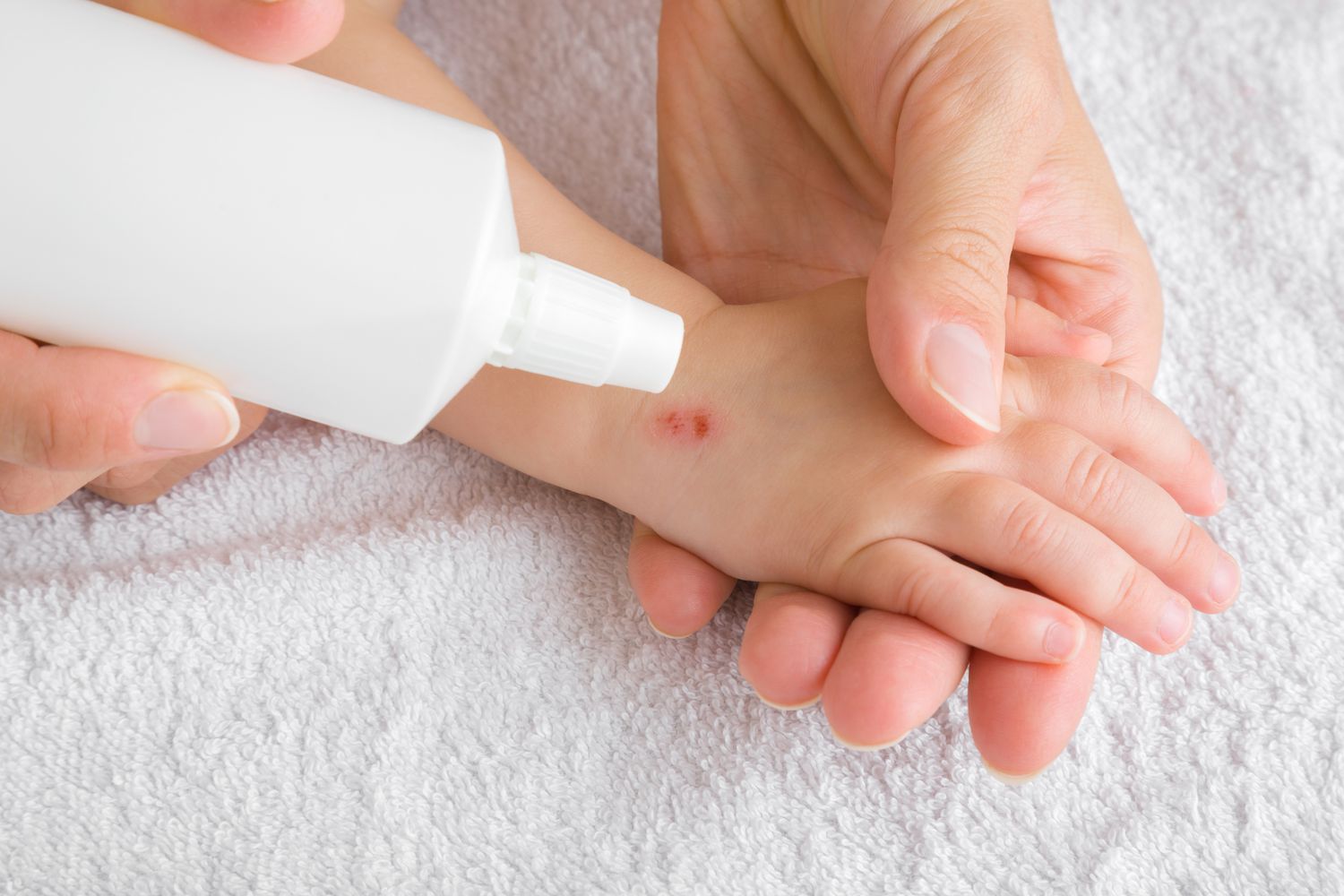
Antiseptics play a crucial role in maintaining hygiene and preventing infections in various settings, from healthcare facilities to everyday household use. Understanding the key facts about antiseptics is essential for ensuring their effective and safe utilization. In this article, we will delve into nine important facts about antiseptics, shedding light on their significance, diverse applications, and the science behind their antimicrobial properties. Whether you are a healthcare professional, a concerned parent, or simply someone interested in safeguarding health and well-being, this exploration of antiseptics will provide valuable insights into their role in promoting cleanliness and combating harmful microorganisms. Let's embark on a journey to uncover the fascinating world of antiseptics and gain a deeper appreciation for these essential agents of cleanliness and infection control.
Key Takeaways:
- Antiseptics are essential for wound care, preventing infections, and promoting healing. They come in various forms and are crucial for disinfecting skin and medical equipment. It’s important to use them cautiously and follow usage instructions.
- Antiseptics have been used for centuries and play a role in public health by minimizing the risk of infections. They are integral components of first aid kits, offering benefits in addressing minor injuries and maintaining hygiene in emergency situations.
Antiseptics are Essential for Wound Care
Antiseptics play a crucial role in preventing infections and promoting healing in wounds. These substances are specifically designed to inhibit the growth of microorganisms on living tissues, making them vital for first aid and medical settings.
Antiseptics Come in Various Forms
From liquid solutions to creams and ointments, antiseptics are available in diverse forms to suit different needs. This versatility allows for effective application on various types of wounds, ensuring optimal protection and healing.
Antiseptics Are Used for Disinfecting Skin
One of the primary uses of antiseptics is to disinfect the skin before medical procedures or to clean minor cuts and scrapes. By eliminating harmful microorganisms on the skin's surface, antiseptics help reduce the risk of infection.
Antiseptics Are Not Suitable for Internal Use
While antiseptics are beneficial for external wound care, they are not intended for internal use. Ingesting or injecting antiseptics can be harmful and may lead to adverse health effects.
Antiseptics Should Be Used with Caution
Although antiseptics are valuable for wound management, it's important to use them cautiously. Some individuals may have sensitivities or allergies to certain antiseptic ingredients, so it's essential to follow usage instructions and seek medical advice if necessary.
Antiseptics Aid in Preventing Cross-Contamination
By sterilizing and disinfecting medical equipment and surfaces, antiseptics help prevent the spread of infections in healthcare environments. This is crucial for maintaining a safe and hygienic setting for patients and healthcare providers.
Antiseptics Have Been Used for Centuries
The use of antiseptics dates back centuries, with ancient civilizations employing various natural substances to prevent infections in wounds. Over time, advancements in science and medicine have led to the development of modern antiseptics with enhanced efficacy.
Antiseptics Play a Role in Public Health
In addition to individual wound care, antiseptics contribute to public health initiatives by minimizing the risk of infections in communities. This is particularly significant in settings where access to medical care may be limited.
Antiseptics Are an Integral Component of First Aid Kits
First aid kits commonly contain antiseptic solutions or wipes, highlighting the importance of these products in addressing minor injuries and maintaining hygiene in emergency situations.
Antiseptics are indispensable for wound care, offering a range of benefits in preventing infections and supporting healing. These versatile products come in various forms and play a crucial role in disinfecting skin and medical equipment. While their historical use dates back centuries, modern antiseptics continue to be essential components of first aid kits and contribute to public health efforts. It's important to use antiseptics with caution and adhere to recommended guidelines to ensure their safe and effective application.
Conclusion
In conclusion, antiseptics play a crucial role in preventing infections and promoting healing. Understanding the key facts about antiseptics empowers individuals to make informed decisions about their use. From their diverse forms to their wide-ranging applications, antiseptics offer a valuable line of defense against harmful microorganisms. By incorporating antiseptics into everyday practices, individuals can contribute to maintaining a clean and safe environment, ultimately supporting overall health and well-being.
FAQs
What are the different forms of antiseptics?
Antiseptics are available in various forms, including solutions, creams, ointments, and wipes. Each form is designed for specific applications, providing flexibility and convenience in addressing different hygiene needs.
How do antiseptics differ from disinfectants?
While both antiseptics and disinfectants are used to kill microorganisms, antiseptics are specifically formulated for use on living tissues, such as skin, to prevent infection. Disinfectants, on the other hand, are intended for use on surfaces and inanimate objects to eliminate germs.
Antiseptics are crucial for maintaining hygiene and preventing infections, but there's more to know about these powerful substances. Proper wound care often involves using the right antiseptic, and having a well-stocked first aid kit ensures you're prepared for emergencies. Additionally, understanding how to use antiseptics safely and effectively can help you stay protected during natural disasters like earthquakes.
Was this page helpful?
Our commitment to delivering trustworthy and engaging content is at the heart of what we do. Each fact on our site is contributed by real users like you, bringing a wealth of diverse insights and information. To ensure the highest standards of accuracy and reliability, our dedicated editors meticulously review each submission. This process guarantees that the facts we share are not only fascinating but also credible. Trust in our commitment to quality and authenticity as you explore and learn with us.
